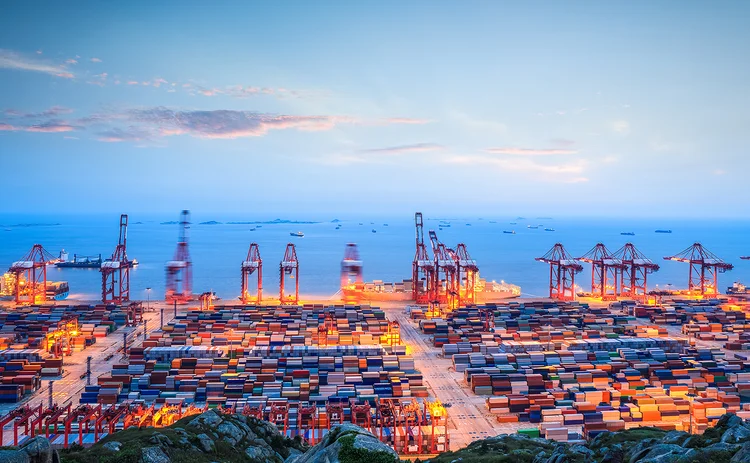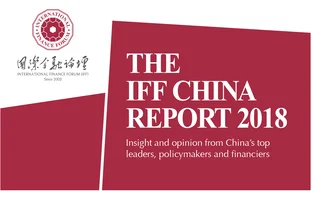
Industrial reform – Strengthening the spillover effect
China’s intent to ratchet up quality goods and services, increase transparency and give full access to the market can only make its industrial growth stronger, believes Xia Le, Asia chief economist at BBVA


China has undergone rapid growth since its reform and ‘opening‑up’ – it has performed economic miracles, becoming the second-largest economy and the largest manufacturer in the world. The nation’s industrial policies have powerful spillover effects on the rest of the world – China’s supply-side and industrial reforms are of great significance to global commodity prices and industry, for instance.
Another example of this was the steep rise in steel prices in 2017, which was closely related to China’s supply-side structural reforms. The knock-on effect led the Latin American Steel Association to express concerns about the rising prices of iron ore and possible cost hikes in steel manufacturing.

A shared world future
Following the 19th National Congress of the Communist Party of China, socioeconomic policies will focus more on improving quality and creating a shared future for the international community, having a positive impact on the world at large. There are three suggestions for achieving this.
First, in-depth research on industry and policies should be carried out. Industries should be further classified according to the spillover effect, so as to measure their importance and global impacts.
Second, policymaking should become more transparent. In order to create positive and controllable spillover effects, China should increase the transparency of the industrial policymaking process, leaving enough room for international stakeholders to digest and prepare. Simple, rough-hewn policymaking processes cannot conform to the future world economy’s characteristics of opening‑up and participants making a contribution. We should improve transparency by inviting stakeholders – including domestic manufacturers and scholars, and overseas manufacturers and investors – to fully participate in the policymaking process.
Socioeconomic policies will focus more on improving quality and creating a shared future for the international community
Third, in the implementation of industrial policies, China should follow market discipline and give full access to the market – the mechanism of which remains the best way to disclose and disperse information. If supply-side reforms can rely more on market mechanisms, which deliver better information, than administrative regulation, foreign manufacturers will be better able to anticipate and plan their ventures. As well as the steel and coal industries, other manufacturing and service industries in China can create and adjust industrial policies based on market mechanisms.
Only users who have a paid subscription or are part of a corporate subscription are able to print or copy content.
To access these options, along with all other subscription benefits, please contact info@centralbanking.com or view our subscription options here: subscriptions.centralbanking.com/subscribe
You are currently unable to print this content. Please contact info@centralbanking.com to find out more.
You are currently unable to copy this content. Please contact info@centralbanking.com to find out more.
Copyright Infopro Digital Limited. All rights reserved.
As outlined in our terms and conditions, https://www.infopro-digital.com/terms-and-conditions/subscriptions/ (point 2.4), printing is limited to a single copy.
If you would like to purchase additional rights please email info@centralbanking.com test test test
Copyright Infopro Digital Limited. All rights reserved.
You may share this content using our article tools. As outlined in our terms and conditions, https://www.infopro-digital.com/terms-and-conditions/subscriptions/ (clause 2.4), an Authorised User may only make one copy of the materials for their own personal use. You must also comply with the restrictions in clause 2.5.
If you would like to purchase additional rights please email info@centralbanking.com test test test







